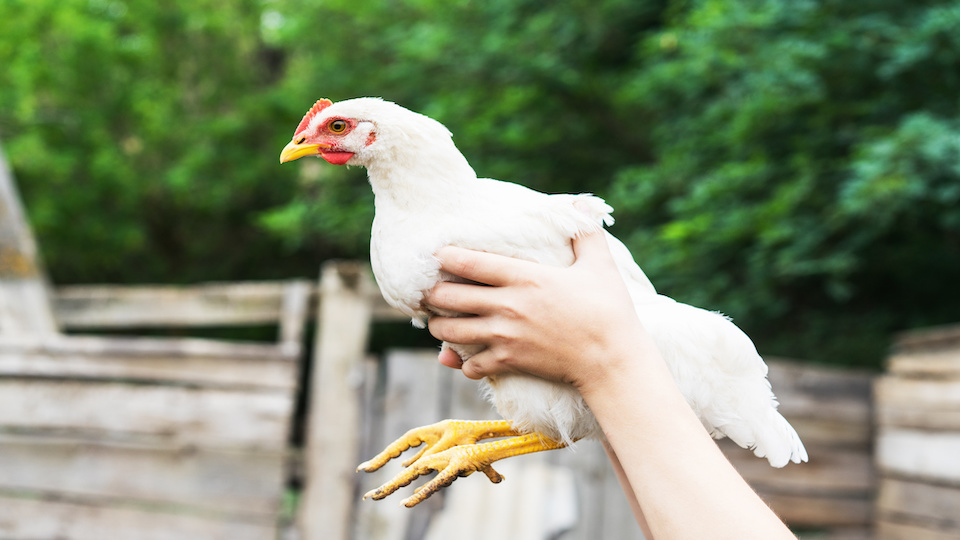Raising chickens in urban and suburban areas has become more popular than ever. Just one supplier of chickens reported delivering over 3,000 to locations in New York City in three recent years. There are many reasons to raise chickens, including a steady supply of organic eggs and the benefits they bring to gardens. Before starting a flock, though, it’s important to understand how much work goes into raising chickens and be aware of the legal implications.
Benefits of Chickens in the Garden
Chickens can be a real boon to a garden. They provide a number of benefits, from pest control to natural fertilizer. Of course, getting fresh eggs every day is reason enough for many people starting a flock, but consider all the other ways these birds will work with you in the garden.
- Little soil tillers. If you have been gardening for any length of time, you know how big a job it can be to turn over soil, even in a small plot. A new area of garden to be tilled can be accomplished by letting your chickens hang out in it. They’ll scratch and peck to their hearts’ content. Just fence in the area you need tilled and let the chickens roam it each day until the job is done.
- Little garbage disposals. Chickens are also useful in disposing of kitchen scraps. They’ll eat just about anything, so turn over your kitchen waste every day. To be healthy and produce eggs, be sure to also provide chickens with prepared feed, which has all the nutrients they need.
- Mulch and compost helpers. Because chickens love to scratch at the ground all day—a natural behavior for digging up food—they make great mulch spreaders and compost turners. Let your chickens have supervised time on a mulch or compost pile and they’ll get right to work leveling the mulch and turning the compost.
- Natural pest control. Chickens really will eat anything; they are true omnivores. They especially love bugs, worms, slugs, and grubs. With a flock of chickens in the yard, your pest levels will be low.
- Natural fertilizer. The manure chickens produce is highly prized for fertilizer and is particularly high in nitrogen. When cleaning up after them, add the manure to compost. For a more direct approach, let the flock roam an area of the garden that has yet to be planted. Once they’ve left enough droppings, turn it into the soil as preparation for planting.
Potential Problems
Chickens in the garden can be magic, but it’s not all roses and sunshine. Chickens truly will eat just about anything, including the vegetables in your garden and the seeds you’ve planted in the ground. The most effective solution to a flock overrunning and destroying your hard work is fencing. Keep vegetables fenced off, and let chickens roam around the edges. The pest control they provide at the perimeter will be beneficial.
You may also consider letting chickens into the garden supervised for about 30 minutes in the evening or early morning to attack pests. There are likely to be enough bugs to keep them busy before they decide to eat the veggies. Once most of the harvesting is done for the year, send in the chickens for cleanup duty, tilling, and fertilizing.
Another issue is whether or not it is legal to raise chickens where you live. Check with your local government to find out, as many cities and counties have their own regulations regarding livestock. If you live in the country, it’s probably safe to say you can raise chickens, but definitely check the rules first if you are in the city or suburbs.
Chickens, like any other animal, need care to survive and thrive. Know what a small flock will need before you dive in, and be sure you’re prepared for the cost and time it will take. A chicken flock needs a coop, fencing, and fresh food and water each day. You’ll need to clean up after them and collect eggs daily. If you’re ready for taking care of them, chickens can be great companions and partners in your gardening efforts.
-Mary Ellen Ellis



